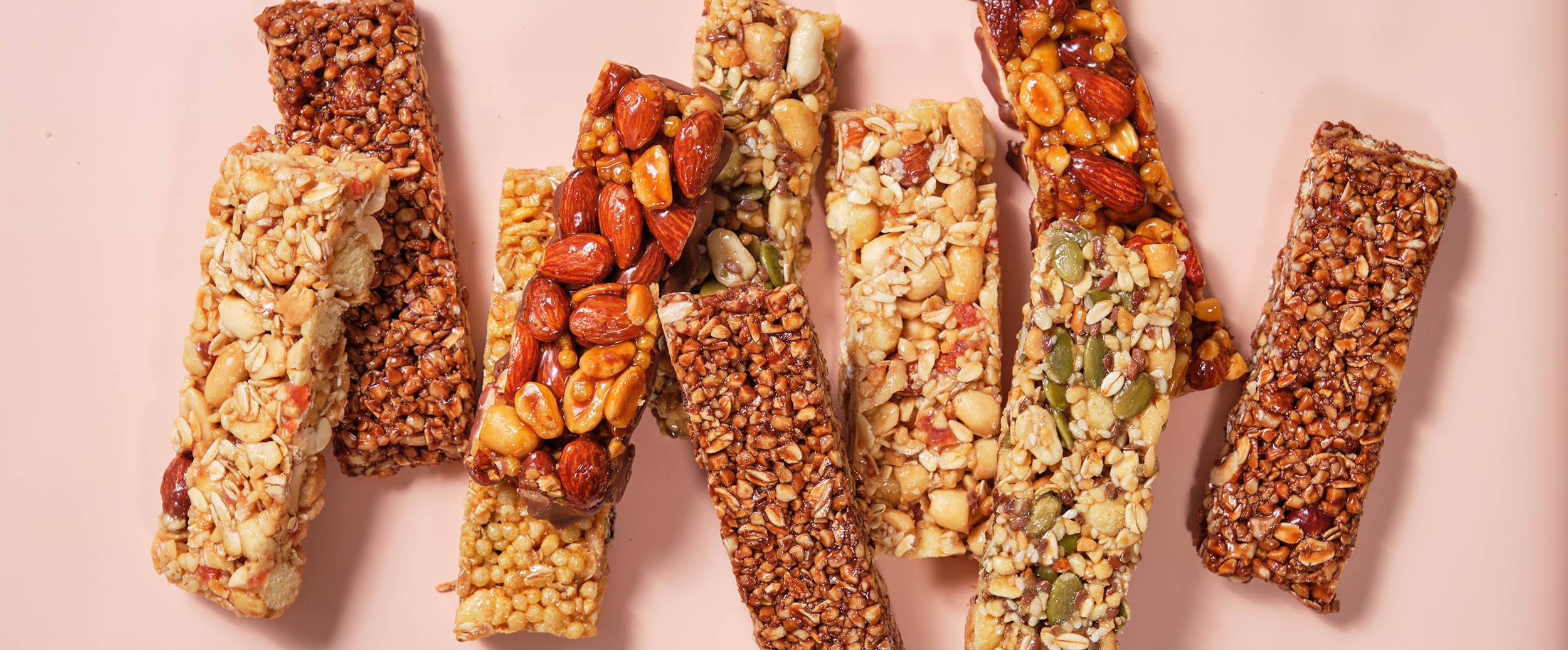
They sit in your trolley with their healthy promises – low-fat, multigrain, plant-based – but some of the foods we think are good for us may actually be packed with hidden sugars, salt or ultra-processing that could work against our health, especially as we get older.
“Some foods that sound healthy on the label aren’t as good for us as they seem,” says , Leni Wood nutritional therapist and head of nutrition and wellness at Nellsar Care Homes.
And the science backs that up. A 2023 study published in The BMJ found that high consumption of ultra-processed foods was linked to a greater risk of cardiovascular disease, cancer and early death, with older adults particularly vulnerable due to changing metabolism and nutrient needs.
So, how do you spot the imposters? From ‘healthy’ cereals to protein bars and fruit juices, here are seven seemingly virtuous foods that could be quietly sabotaging your health – and what to eat instead.

It sounds like the smart option – less fat, fewer calories – but when fat is removed, something usually has to take its place, and in many diet yoghurts, that something is sugar or artificial sweeteners.
“Your body needs healthy fats for hormone regulation and nutrient absorption,” says qualified health coach and author, Steve Bennett.
“What you're getting here is essentially a sugar delivery system dressed up as a health food.”
Creamy, satisfying and naturally lower in sugar, full-fat Greek yogurt is packed with protein and healthy fats that help keep you fuller for longer.
It’s also been shown to support blood sugar levels, making it a smart switch that doesn’t sacrifice taste or nutrition
Multigrain bread can be good for you, but it all depends on what’s actually in it. The term ‘multigrain’ just means that the bread contains more than one type of grain (e.g. wheat, barley, oats, etc.) but it doesn’t guarantee that those grains are whole, unprocessed or even healthy. In fact, some multigrain breads are made with refined grains (stripped of fibre and nutrients) and high in sugar or additives.
Consumption of refined grains has been associated with an increased risk of metabolic syndrome, a cluster of conditions that raise the risk of heart disease, stroke and type 2 diabetes
A 100% wholemeal loaf is a great source of fibre, B vitamins and iron.
It can help regulate blood sugar levels and support healthy digestion, and over time, eating more whole grains has been linked to a lower risk of heart disease, type 2 diabetes and even certain cancers.

They might seem like a shortcut to your five-a-day, but many shop-bought smoothies are hiding a hefty dose of sugar and not much else. “While smoothies can pack in fruit, many ready-made versions are loaded with fruit juice or syrups and lack the fibre that helps keep blood sugar steady,” she says.
The same goes for ready-made fruit juices.
“Comparing a glass of orange juice to a portion of broccoli is like comparing a water pistol to Niagara Falls - they might both be wet, but that’s where the similarity ends,” says Bennett.
Even those juices that boast 100% of fruit, contain concentrated sugars without the healthy fibre found in whole fruits. This can lead to rapid spikes in blood sugar levels. A study published in The British Medical Journal found that increased consumption of fruit juice is associated with a higher risk of type 2 diabetes, whereas whole fruit consumption is linked to a reduced risk.
Blend whole fruit with leafy greens, Greek yoghurt or nut butter.
“This gives you energy and balance – without the sugar spike,” says Wood.
Coconut oil has taken centre stage, especially as oils like sunflower have fallen out of fashion. It’s earned its reputation thanks to MCTs (medium-chain triglycerides), which are said to fuel your brain and head straight to the liver for energy rather than being stored as fat.
Sounds impressive but, according to nutritional therapist Clemmie Pellew-Harvey, it’s not quite the miracle oil it’s cracked up to be.
“Coconut oil has been positioned as a superfood, yet it contains 90% saturated fat - significantly higher than butter (63%) or even lard (39%),” she says.
“This means that tablespoon for tablespoon, you're getting more artery-clogging saturated fat from coconut oil than from the animal fats we've been told to avoid for decades.”
She says this is because coconut oil doesn’t contain the right kind of MCTs, so you body treats it as it would any other saturated fat.
“Multiple studies show it raises LDL (bad) cholesterol more than other plant oils,” says Pellew-Harvey.
“The 'natural' label doesn't automatically mean healthy for cardiovascular health - after all, lard is natural too, but we wouldn't consider it a health food.”
Both are packed with monounsaturated fats and antioxidants.
For baking, try mashed banana or apple sauce – they add moisture and sweetness without the saturated fat overload.

You’d think being vegan would be a fast track to health, but it all depends on what products you choose to eat.
“Many meat-free products like burgers and sausages are ultra-processed,” says Woods.
“These often contain artificial additives, high levels of salt and poor-quality oils.”
Bennett says instead of getting the benefits you would of a well-balanced vegan diet, such as better hearth health and a reduced cancer risk, eating these processed foods can actually be bad for your health.
“Your body doesn't recognise these as nutrition,” he says.
”Instead, they trigger insulin spikes and inflammation faster than you can say ‘plant-based’. A lab-created patty is not the same as whole, natural protein sources.”
Keep the ultra-processed stuff for an occasional treat and instead go for beans, lentils, tofu, eggs or homemade veggie patties.
One ‘healthy’ food our experts all agree should be tossed into the bin is granola! While it might seem like a smart breakfast option, after all it’s made with oats and often sprinkled with nuts or seeds, most shop-bought versions are far from healthy.
“Granola is the poster child of ‘health food’ marketing,” says Bennett. “Supermarket versions are often packed with added sugars, refined carbs and barely any real nutritional value.”
One study found that cereals marketed as ‘healthy’ - including granola - have become less nutritious over the past decade, with increases in sugar and fat.
Nutritionist Pellew-Harvey agrees, noting that many popular brands contain more sugar per serving than a chocolate biscuit.
“The combination of oats, syrup, and dried fruit might sound wholesome, but it creates a blood sugar spike that leaves you hungry again within hours.”
Woods warns that the fat content can also be misleading.
“A lot of people are surprised to learn how high in sugar and fat granola can be. That combination leads to energy crashes and makes weight and blood sugar control more difficult.”
Keep breakfast simple for the best health benefits.
“Porridge oats with a sprinkle of nuts, seeds, and berries – simple, nourishing, and great for digestion and heart health,” suggests Woods.
Pellew-Harvey says if you don’t want a hot breakfast try overnight oats instead. Mix them up with Greek yogurt and a drizzle of nut butter, then pile on the berries in the morning for a dose of natural sweetness.

The protein bar market is having a serious moment. Worth around $5.13 billion worldwide in 2024, it’s set to soar to nearly $8.8 billion by 2033 – a sign that our grab-and-go snacks are getting a protein-packed upgrade.
They’re also marketed as a healthy snack or even meal replacement, but Pellew-Harvey says to be wary of including these too often into your diet.
“Many contain 15-20g of sugar from dates, syrups, and chocolate coatings, more than a Mars bar,” she says.
“The protein is often cheap whey isolate or soy protein, bulked out with fillers and bound together with sugar alcohols that can cause digestive upset. The 'high protein' claim distracts from the fact that you're consuming highly processed ingredients with minimal nutritional value beyond the protein content.”
If you want a protein hit, it’s better to keep to something natural such as handful of nuts with an apple, which provides protein, good fats and fibre. Another option is to make your own energy balls, says Pellew-Harvey
“Using dates, nuts, and seeds,” she says.
“You control the ingredients and avoid the industrial additives.”
Jayne cut her online journalism teeth 24 years ago in an era when a dialling tone and slow page load were standard. During this time, she’s written about a variety of subjects and is just at home road-testing TVs as she is interviewing TV stars.
A diverse career has seen Jayne launch websites for popular magazines, collaborate with top brands, write regularly for major publications including Woman&Home, Yahoo! and The Daily Telegraph, create a podcast, and also write a tech column for Women’s Own.


Health insurance for people over 50 that provides a quicker route to diagnosis and planned medical treatment in a private facility.
Underwritten by Bupa Insurance Limited.
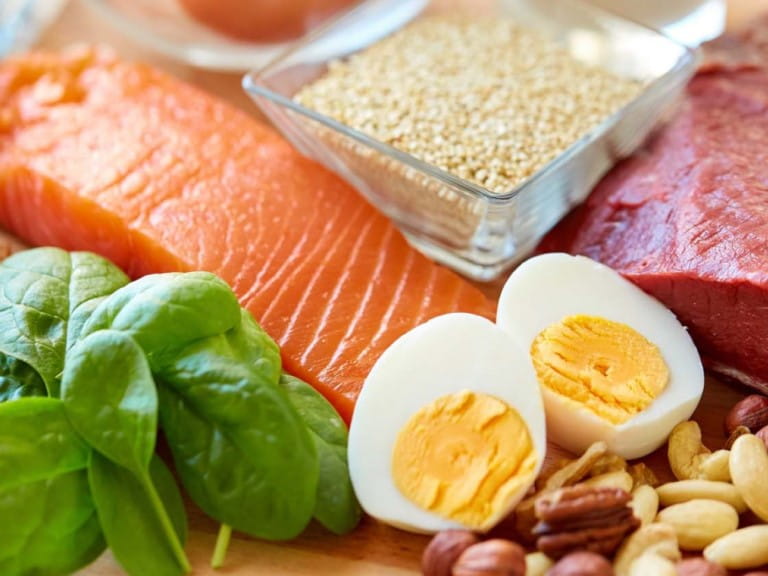
Everything you need to know about protein, from how it benefits your body to the best high-protein foods – and how much you really need.


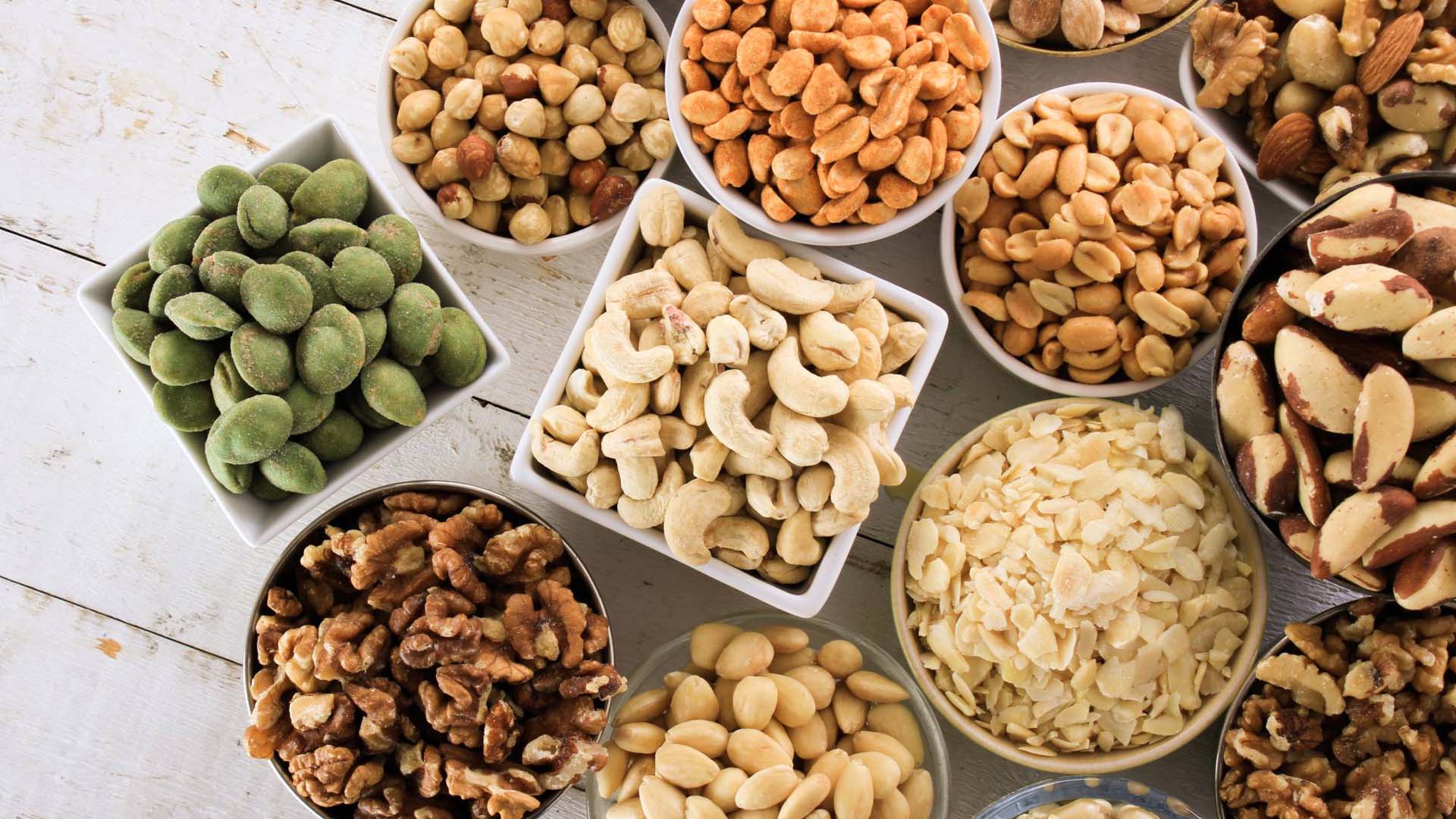
Let’s roast the myths! Not only are nuts less fattening than once feared, research shows they can cut the risk of heart disease too
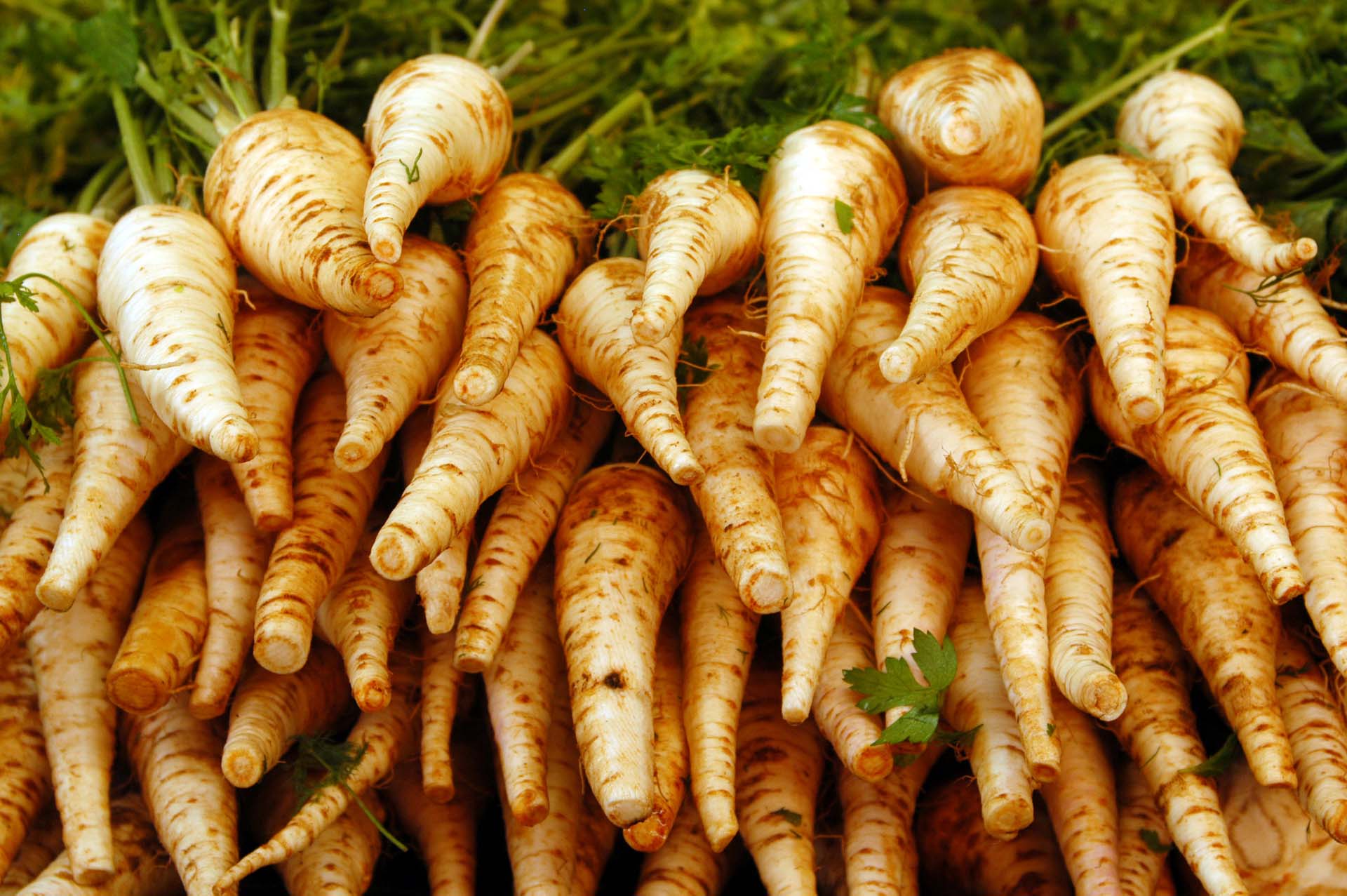
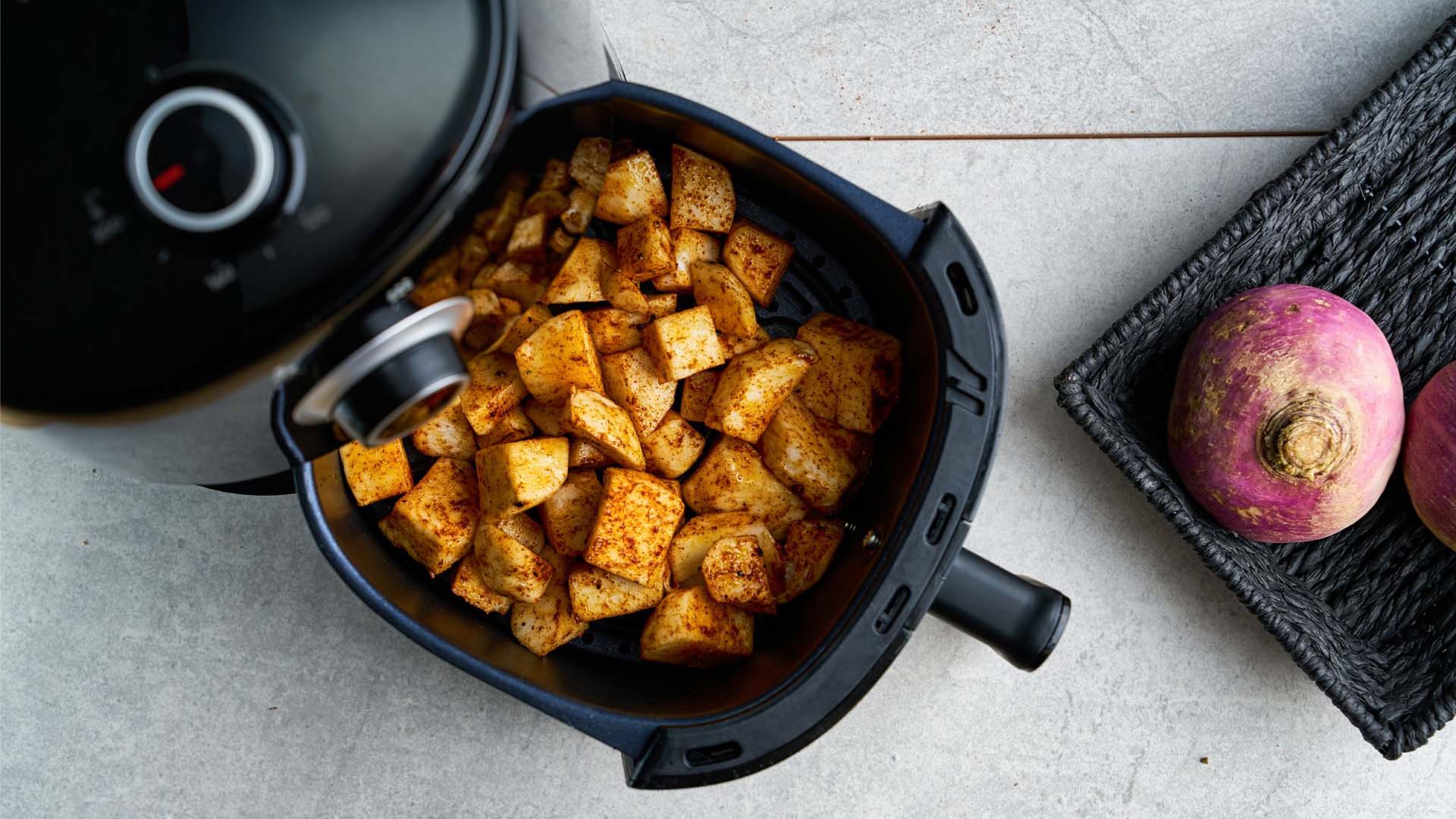
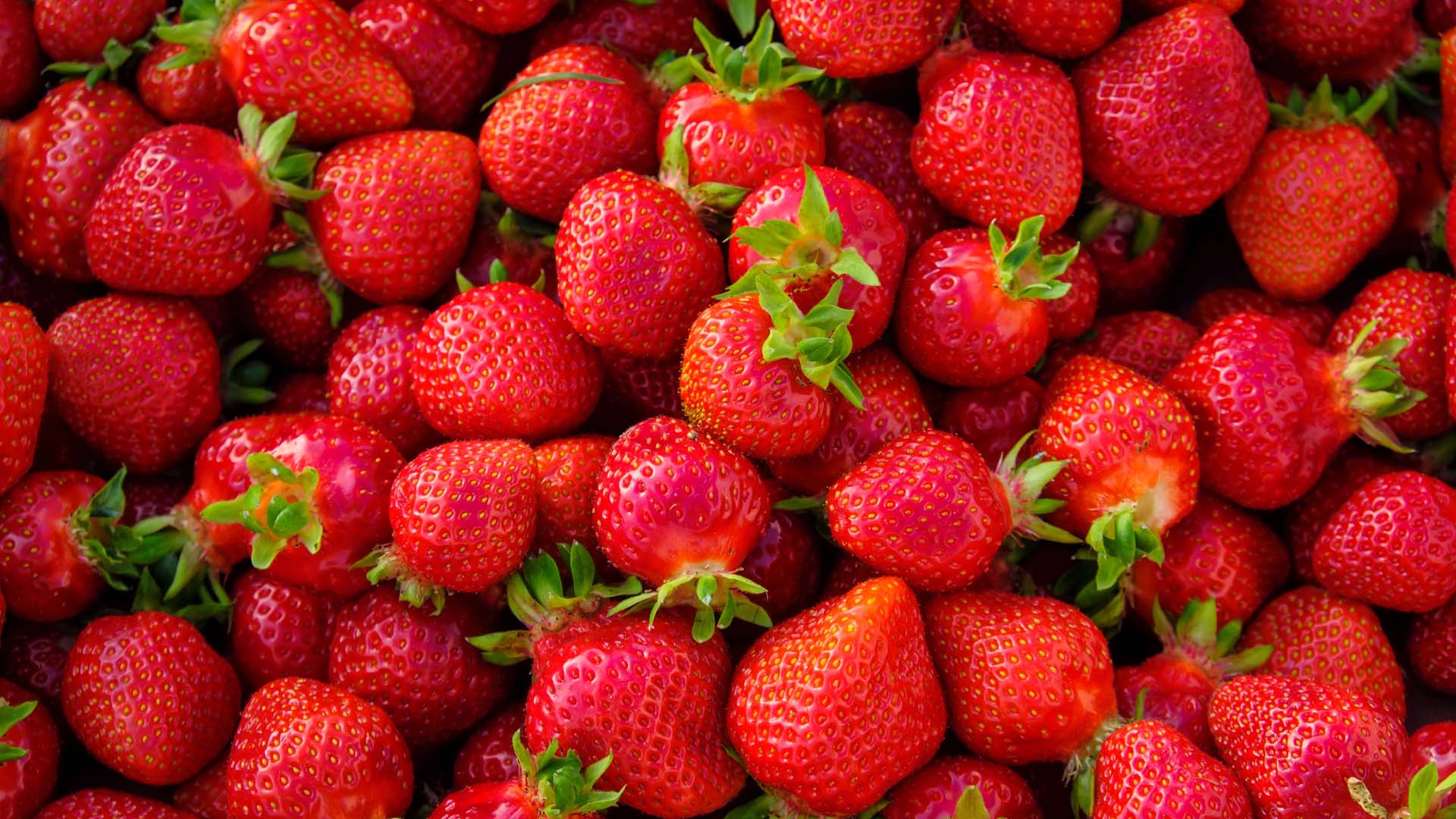
Strawberries don't just taste and look great, they are full of fibre, help your heart health and may even stave off dementia.
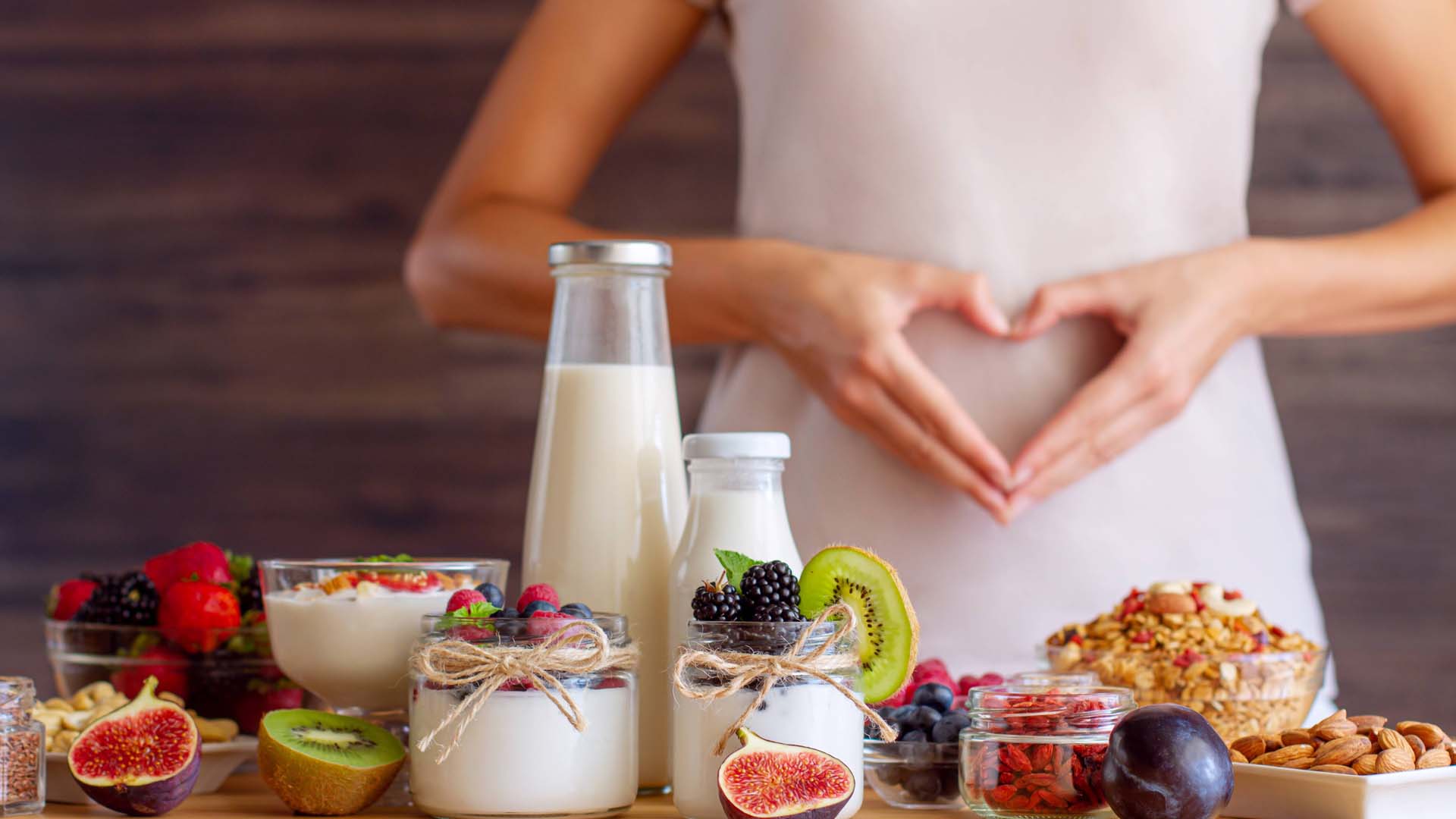
Looking after your gut health could be one of the biggest things that you can do for your overall health. Here are the best foods to keep your gut happy.
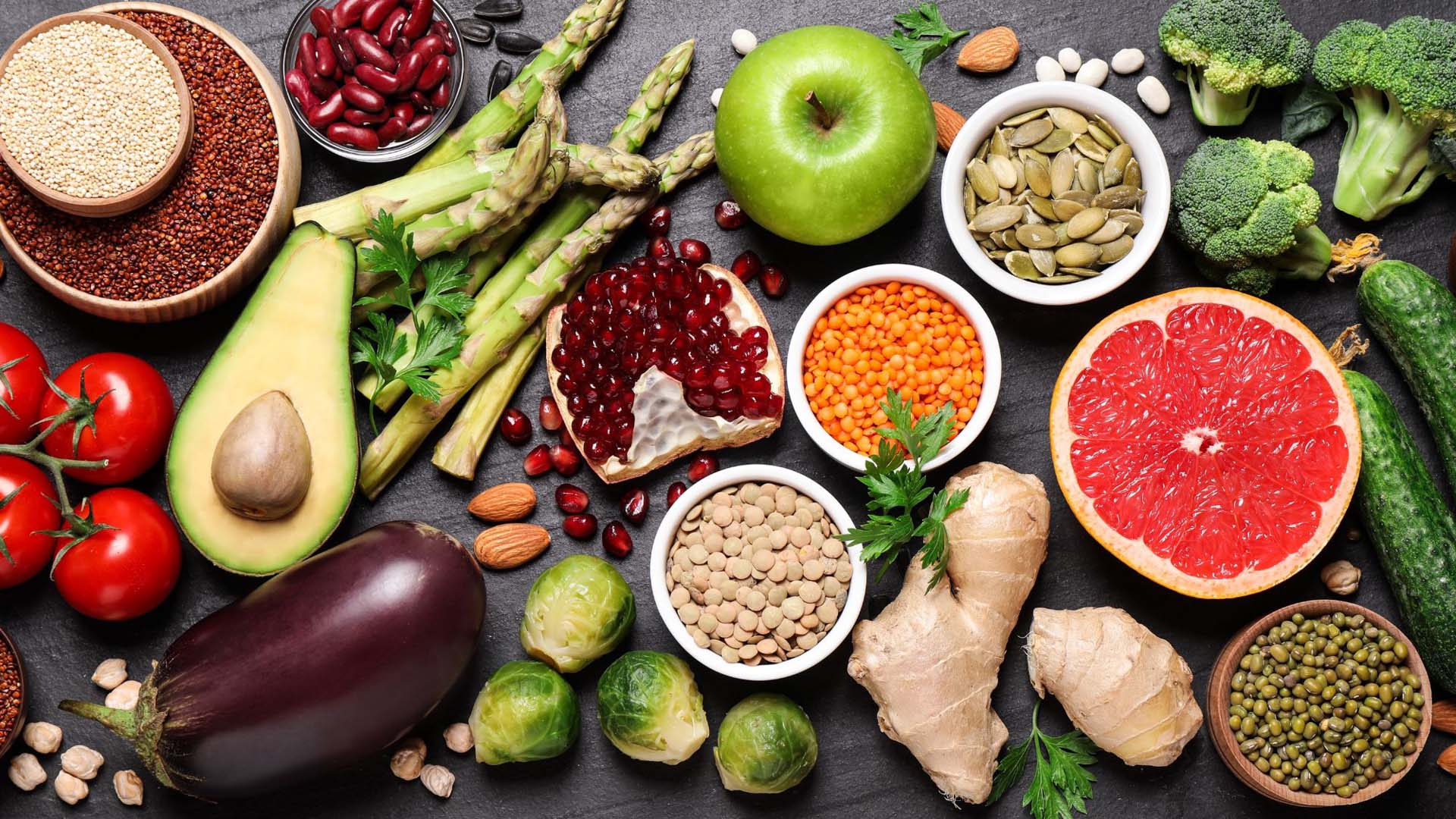
The foods that could help you live longer and protect against chronic illness.